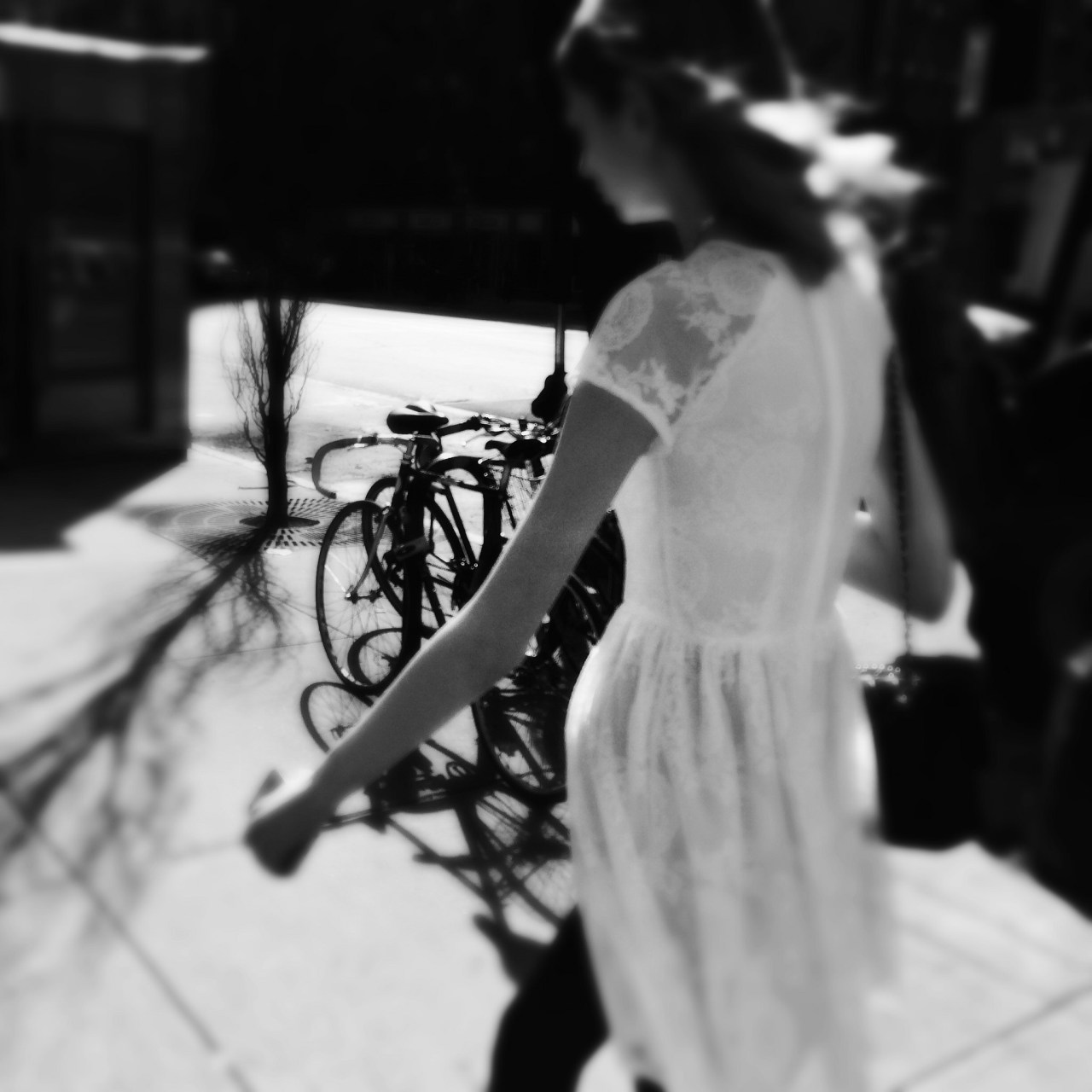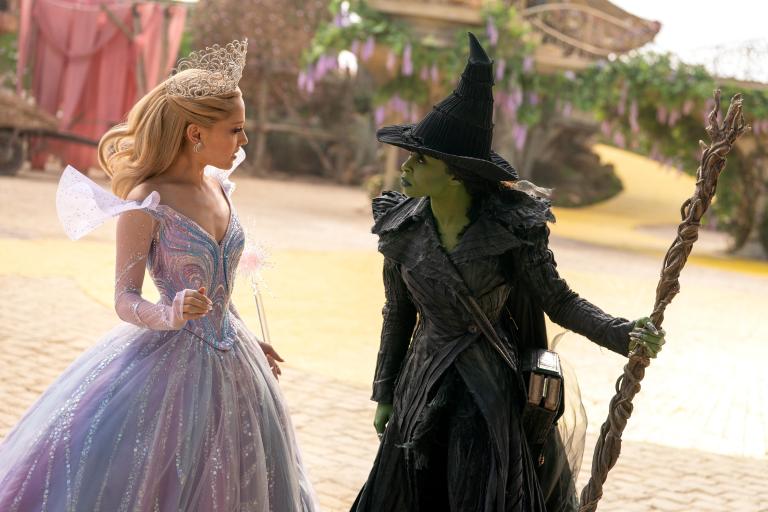
10 Obvious Signs You’re In A Co-Dependent Relationship
Most codependents attract troubled or dependent people into our lives, and our chronic "helping" and "fixing" unknowingly perpetuates the cycle.

“Ugh, I am so not a codependent person,” said the codependent person. “I’m way too independent and responsible to depend on another person like that. In fact, it’s ALL OF THE OTHER PEOPLE in my life with the issues, and I’m stuck cleaning up their messes.” (In addition to dependent men, here are 4 other “types” you should run away from, fast.)
I didn’t think I was a codependent person either, until I was slammed into reality one night in a Barnes & Noble aisle. There I was, sprawled under the four shelves labeled ‘Addiction’, desperately thumbing through each book with shiny streaks down my face. My husband’s painkiller prescription escalated to a full-blown addiction, and at that point, sitting in that aisle, I felt myself crumbling under the weight. Family and friends regularly told me how “strong” I was for keeping everything (including my marriage) together all these years, but I had no strength left. When people innocently asked me how I was, I started to sob. I wasn’t okay.
And yet the answer I found that night completely changed the course of my life. When I started to read about codependence from the book Loving Someone in Recovery by Beverly Berg, I unexpectedly saw myself. The more I researched codependency, the more I saw every issue that plagued my adolescence and new adulthood: indecisiveness, insecurity, toxic boyfriends and a chronic need to control all huddled under one umbrella term. For the first time, I understood myself—and every woman in my family—in a new, brighter light.
Most codependents attract troubled or dependent people into our lives, and our chronic “helping” and “fixing” unknowingly perpetuates the cycle. We’re very nice, responsible, loving people—we just have weak and stunted boundaries. We love to the point of exhaustion, neglecting our own needs and wants to take care of other people. We’re always there to help or give advice, often without anyone asking for it.
Believe it or not, it’s a very subtle dysfunction, like a low-boiling simmer that heats up our lives just enough to be uncomfortable, yet bearable. (Except, trust me, it’ll eventually burn you and everyone you love.) In a lot of ways, the sacrificial, martyr-like role of codependence is totally culturally acceptable, especially for women, but that doesn’t make it healthy.
“A codependent person is one who has let another person’s behavior affect him or her, and who is obsessed with controlling that person’s behavior,” said Melody Beattie in her groundbreaking book Codependent No More. Since writing that book nearly 30 years ago, a wealth of research and insight has developed on the subject. In fact, Beattie wrote an updated handbook, The New Codependency, which may have been the most important, eye-opening book I’ve ever read.
Since that day in Barnes & Noble, I’ve read books, attended conferences, and started my own therapy program to address the deep roots of codependency in my life. Through it all, I’ve seen a few common denominators: If you struggle with self-love, perfectionism, or chronic People Pleasing, you might be a codependent. If you’re an obsessive worrier with control issues, then yep, you might be a codependent. If you’re a master at gauging how other people feel, yet your own feelings are a little fuzzy…(you get the idea).
It might be most obvious to look at it in a romantic relationship or marriage. See if you relate to any of these:
1. You’re dating or married to an alcoholic or addict (any kind of addict), and/or you have a history of attracting damaged people into your life.
2. You do things for your partner that he or she can and should be doing, all in the name of love. In fact, maybe your mother or sister repeatedly tells you that you help this person a little too much.
3. You let your partner have his or her way, and then feel overwhelmed with anger and resentment. “Look at all I do for you!” Is a common phrase in the codependent’s vocabulary.
4. You feel responsible for your partner’s actions and behaviors, because LOVE.
5. You’re always talking about/worrying about your partner’s issues, making them your issues.
6. You’ve allowed irresponsible, hurtful behavior in your relationship—not just physically, but emotionally or financially. Instead of walking away, your deep compassion for this person makes you want to stay and help.
7. Your partner’s mood affects your day.
8. You always want to know what your partner is doing or thinking, and you often get involved in his or her business.
9. Your partner’s needs always seem to be met, while your needs and wants are ignored.
10. You have trouble pinpointing your own feelings and thoughts, or you diminish/deny how you feel.
And if any of this makes you say, “Oh my gosh! That’s so my mother!” then that’s another sign of some deep codependent programming, as this is a learned dynamic. Codependents (and addicts for that matter) are almost always children of codependents, passed down like a family legacy.
Of course the roots and symptoms of codependency are individual and nuanced. Some codependents have next to no boundaries around things like their health and happiness (hand raised!), while others have developed walls so tall and thick that no one can get in. And some codependents are also dealing with addictions, known as “Double Winners,” and so their experience is different than mine. All in all, though, codependency is an emotional dysfunction that affects so many aspects of life.
Taking care of our needs—really loving ourselves—isn’t selfish or narcissistic, it’s actually incredibly healthy. Expecting reciprocity and respect from our partners isn’t unrealistic, it’s LOVE. And allowing someone to hurt us, like an addicted husband, says more about our self-respect than it says about them, because we’ve allowed it into our lives.
Recovering from codependency has been like coming home to myself.
Recovering from codependency has meant maturing in all the ways I needed to mature.
Recovering from codependency also saved my marriage, proving that the only way to change other people is to change ourselves. ![]()












